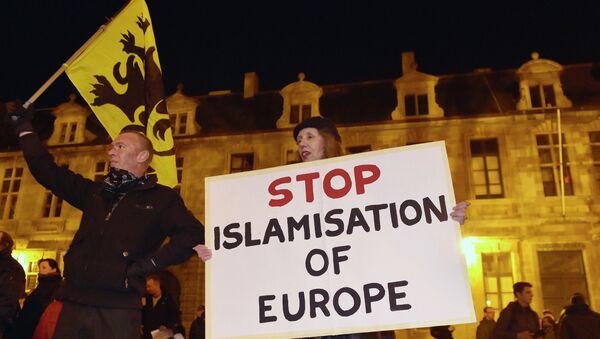The German political shift would also change the country's foreign policy priorities, making Berlin more distant from the United States and closer to Russia and its fluid energy market, the US intelligence company said.
The change would happen as a result of conservative and Christian political parties gaining more votes caused by the increased refugee influx and the ongoing economic crisis. In addition, during the Greek debt crisis, Merkel didn't act tough enough towards Greece, infuriating a number of conservative politicians in the German parliament, Stratfor said.
"This view would keep several Central and Eastern European nations from entering the Eurozone… Moreover, because crises in the Eurozone periphery are far from over, the possibility of Greece and others leaving the euro cannot be ruled out," the Stratfor report said.
Small changes will likely start happening in 2016, but a significant political transition of the EU's main powerhouse will definitely be felt after the German election in 2017.
At the same time, Germany will resist France's current attempts to push for stronger financial integration within the Eurozone and re-structure mechanisms for fiscal transfers from wealthier Northern European countries to their poorer neighbors in the south, the Stratfor report predicted.
The Franco-German disagreement, however, won't last long, because France itself will face a general election of its own in 2017. France will probably become more Eurosceptic as well after the election, as the two main parties to succeed in it are projected to be the center-right Republicans party and the vehemently anti-EU right wing Front National party.



